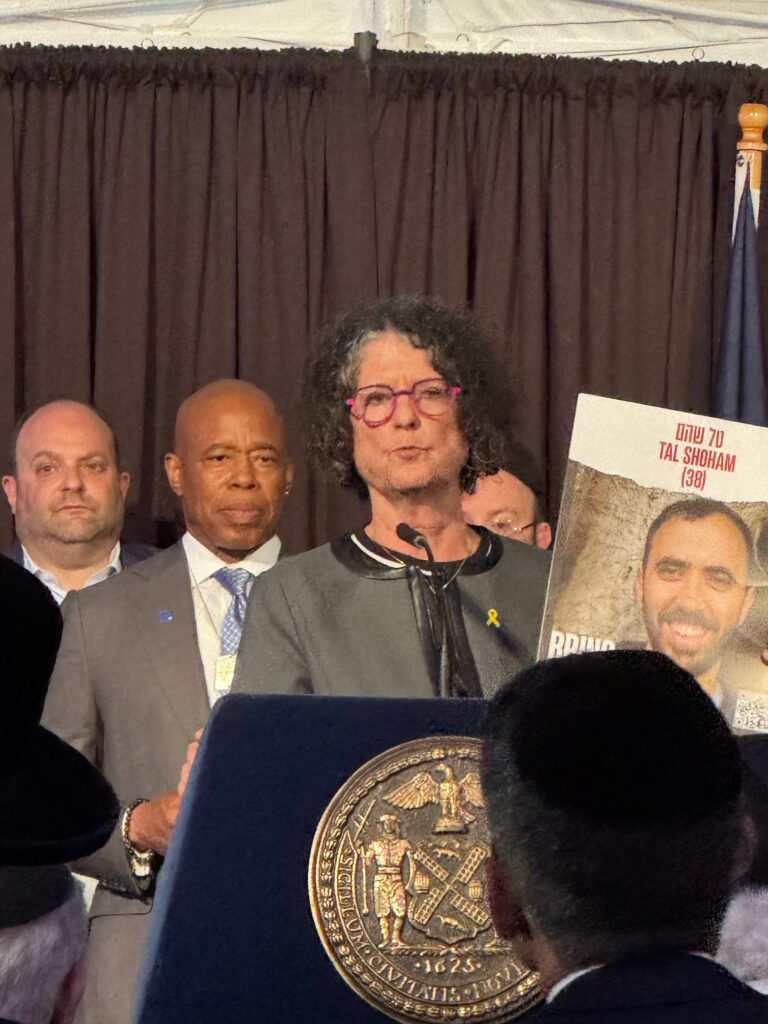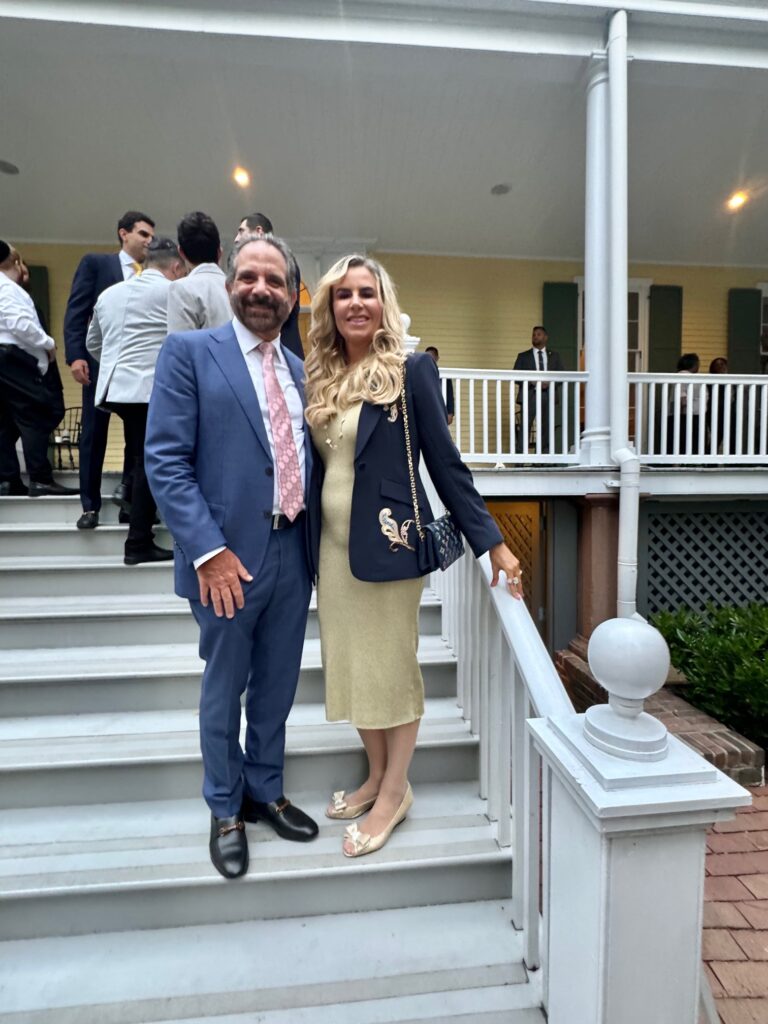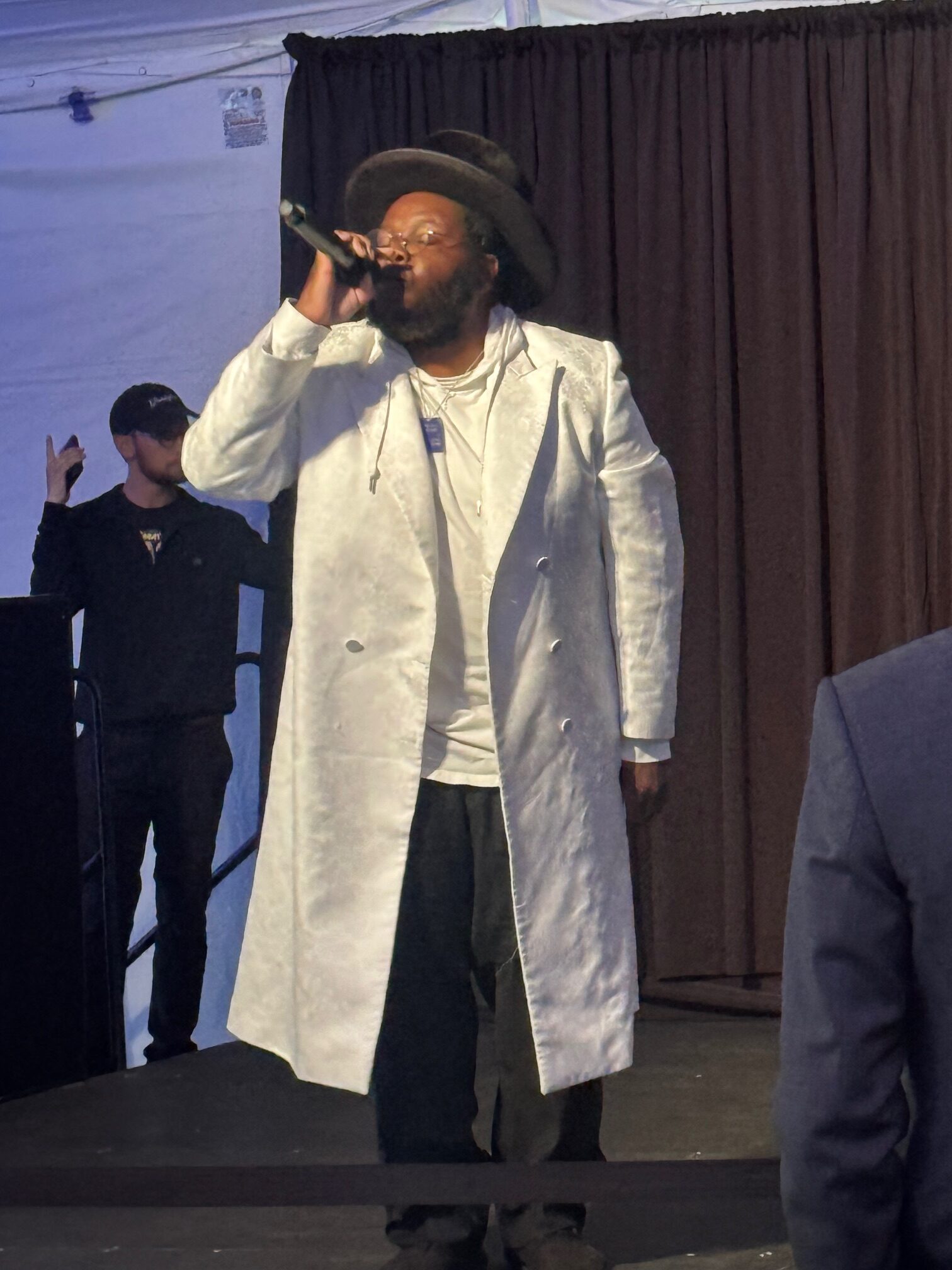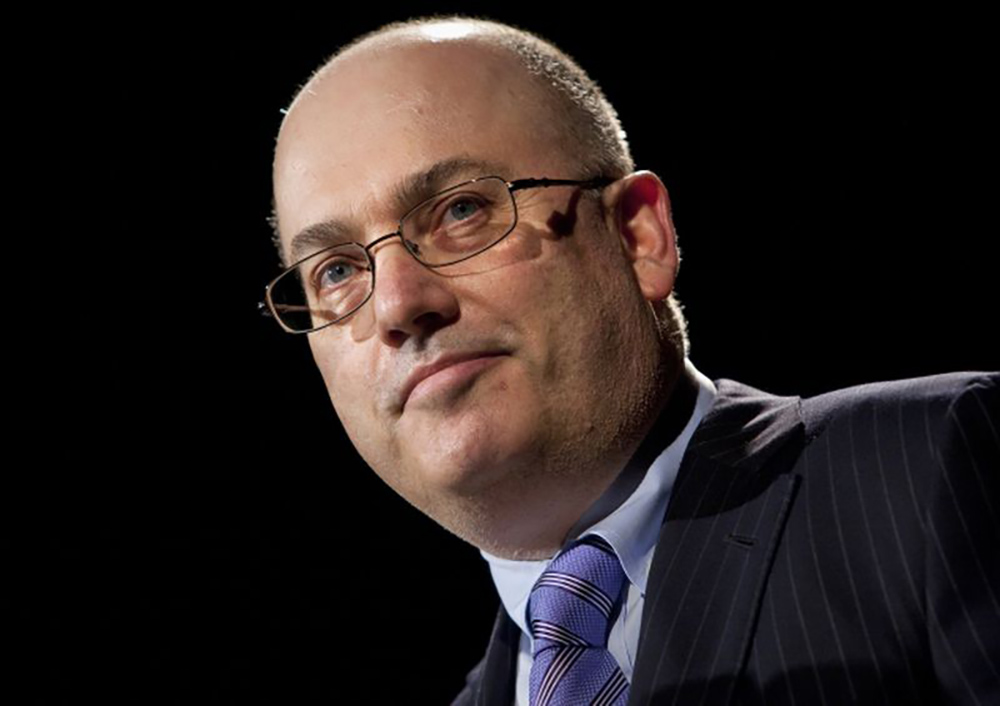Israeli Legislation Targets UNRWA Amid Accusations of Terrorist Links
Edited by: Fern Sidman
On Wednesday, the Israeli Knesset passed a preliminary reading of a bill with profound implications for the United Nations Relief and Works Agency for Palestine Refugees in the Near East (UNRWA). Proposed by Yulia Malinovsky of the Israel Beytenu party, the bill designates UNRWA as a terrorist organization and aims to abolish the immunities and privileges enjoyed by its employees, according to a report in The Jerusalem Post. The bill passed its preliminary reading with a 42-6 majority.
The “Bill to Abolish the Immunity and Privileges of the United Nations Relief and Works Agency for Palestine Refugees in the Near East (UNRWA)” seeks to integrate UNRWA under the purview of Israel’s Anti-Terrorism Law. Indicated in the JPost report was that this integration would nullify the organization’s diplomatic immunities, severing Israel’s ties with UNRWA and leading to the closure of its assets within Israeli territory. Foreign Minister Israel Katz will be responsible for enacting the decree that officially revokes UNRWA’s diplomatic immunity.
The roots of the current legislation trace back to 1947, when the United Nations Privileges and Immunities Ordinance was established. This ordinance granted the UN and its officials various legal protections, including immunity from legal action, tax exemptions, and import/export privileges, as was explained in the JPost report. These immunities were designed to facilitate the UN’s humanitarian and diplomatic activities worldwide. However, the new bill, if passed in its final reading, will dismantle these protections for UNRWA within Israel.
The legislative push against UNRWA comes amidst mounting allegations of the agency’s involvement with Hamas, a designated terrorist organization by Israel and other countries. Israeli authorities have presented substantial evidence implicating UNRWA in activities that compromise its humanitarian mission. The JPost reported that among the accusations are the discovery of Hamas tunnels beneath UNRWA schools and the collaboration of UNRWA employees with Hamas operatives, particularly highlighted by the events of October 7.
One of the most damning pieces of evidence was uncovered on February 10, when a 700-meter-long, 18-meter-deep tunnel leading to an underground shelter used by Hamas’s military intelligence was found beneath UNRWA’s central headquarters in Gaza, the report in the JPost noted. According to the Israel Defense Forces (IDF), this tunnel was supplied with electricity from UNRWA facilities, indicating a direct link between the agency’s infrastructure and Hamas’s military operations. This discovery highlighted the agency’s complicity and raised serious concerns about the misuse of UNRWA facilities for terrorist activities.
In a subsequent raid on UNRWA headquarters, the IDF found large quantities of weapons, including rifles, ammunition, grenades, and explosives. The JPost reported that this raid was prompted by intelligence suggesting that the facilities were being used by Hamas terrorists. Documents and other intelligence discovered during the raid further confirmed that UNRWA offices had been utilized by Hamas operatives.
According to estimates published by the Wall Street Journal on January 29, 2024, approximately 10% of UNRWA’s 12,000 employees are believed to have connections to Hamas and Islamic Jihad. This estimate underscores the deep infiltration of these militant groups within the organization. The Wall Street Journal reported that six UNRWA workers were directly involved in a wave of Palestinian militant attacks that resulted in the deaths of 1,200 people, marking the deadliest assault on Jews since the Holocaust, the JPost report said. Among these employees, two were involved in kidnapping Israelis, while others participated in or coordinated logistics for the assault, including the procurement of weapons.
In response to these grave allegations, a UN inquiry was launched in April to investigate the specific allegations against 12 UNRWA employees implicated in the October 7 massacre. Revealed in the JPost report was that the inquiry led to the identification and termination of contracts for 10 of these employees, while two were confirmed dead, as reported on the UN’s official website. This swift action highlights the severity of the charges and the international community’s concern over the integrity of UNRWA’s operations.
Concurrently, the UN opened additional investigations in March and April into seven more UNRWA employees. The report in the JPost indicated that these inquiries aim to determine the extent of involvement, if any, of UNRWA personnel in terrorist activities and to assess the overall integrity of the agency’s operations.
One of the most significant areas of concern regarding UNRWA is its education system. The JPost reported that according to its official website, UNRWA is responsible for the education of 291,100 students in Gaza and employs 9,443 staff members in its schools. Education constitutes 58 percent of the organization’s budget, reflecting its critical role in the agency’s mission.
However, a joint report presented to the US Congress in March by UN Watch and The Institute for Monitoring Peace and Cultural Tolerance in School Education (IMPACT-se) has raised serious allegations about the content and conduct within UNRWA schools. The report provides “compelling evidence of UNRWA’s gross and systematic violations of neutrality and other UN rules in their hiring of teachers and in their use of curricula,” as was noted in the JPost report. Specifically, it documents instances of incitement to hatred, anti-Semitism, and terrorism within UNRWA educational materials and teaching practices.
The joint report highlights numerous concerning findings about the behavior of UNRWA educators and the content taught in its schools. It documents cases where UNRWA teachers have used social media platforms such as Twitter to glorify Hamas and incite violence against Jews, the JPost report said. Furthermore, the report details how UNRWA school textbooks and educational materials contain content that promotes terrorism, glorifies martyrdom, and denies the existence of Israel.
These findings suggest a systemic issue within the UNRWA education system, where materials and personnel are contributing to an environment of intolerance and Jew hatred. Additionally, the JPost report indicated that the allegations point to a failure to adhere to the principles of neutrality and peace, which are foundational to the UN’s mission.
One particularly troubling example comes from a 9th-grade reading-comprehension exercise in Arabic. The exercise features a story about a Palestinian firebombing attack on a Jewish bus near the city of Ramallah in the Judea and Samaria region of Israel. The JPost reported that the text describes the attack in a celebratory tone, referring to it as a “barbecue party.” Such language not only glorifies violence but also desensitizes students to the brutality of terrorist attacks, presenting them as festive events rather than acts of violence and terror.
Another example from a 9th-grade social studies question perpetuates harmful and false narratives about the causes of health issues in the Gaza Strip and in Judea and Samaria. The question asks, “Why do Palestinians in the Gaza Strip and the West Bank suffer from numerous deadly diseases such as cancer?” The provided answer claims, “because the Occupation turns vast areas of the Gaza Strip and the West Bank into landfills for its toxic wastes,” as was revealed in the JPost report. This response promotes a baseless conspiracy theory that blames Israel for health crises in Palestinian territories, fostering animosity and mistrust.
UNRWA Commissioner Philippe Lazzarini has consistently defended the organization against these allegations. On June 30, 2021, Lazzarini addressed reports by UN Watch and IMPACT-se, dismissing the accusations of incitement to violence and anti-Semitism as irrational, as was detailed in the JPost report. He argued that such allegations were politically motivated attacks aimed at undermining UNRWA’s legitimacy and eroding the rights of Palestinian refugees.
Established in 1949, UNRWA has been a critical lifeline for Palestinian refugees across the Middle East, including in the Gaza Strip, where it serves approximately two million people. The agency provides essential services such as education, healthcare, and social support, aiming to improve the living conditions of Palestinian refugees and promote regional stability.
However, Israel’s allegations challenge the integrity of UNRWA’s operations, suggesting that the agency’s resources and infrastructure have been exploited for terrorist purposes, as was revealed in the JPost report. This narrative has fueled the legislative momentum to reclassify UNRWA under anti-terrorism laws, fundamentally altering its operational landscape in the region.
Should the bill pass its final reading, the implications will be far-reaching. UNRWA will lose its operational privileges in Israel, severely restricting its ability to function within Israeli-controlled territories. The agency’s employees will no longer enjoy immunity from legal proceedings, exposing them to potential prosecution under Israeli law, the report in the JPost said. This legislative move could also set a precedent, influencing other countries’ policies towards UNRWA and potentially leading to a broader reevaluation of the agency’s role and operations.
The international community’s response to Israel’s legislative action against UNRWA will be pivotal. Countries and organizations that back UNRWA may express strong opposition, advocating for the protection of its humanitarian mandate. Conversely, Israel’s allies may support the bill, viewing it as a necessary step to curb terrorism.
























